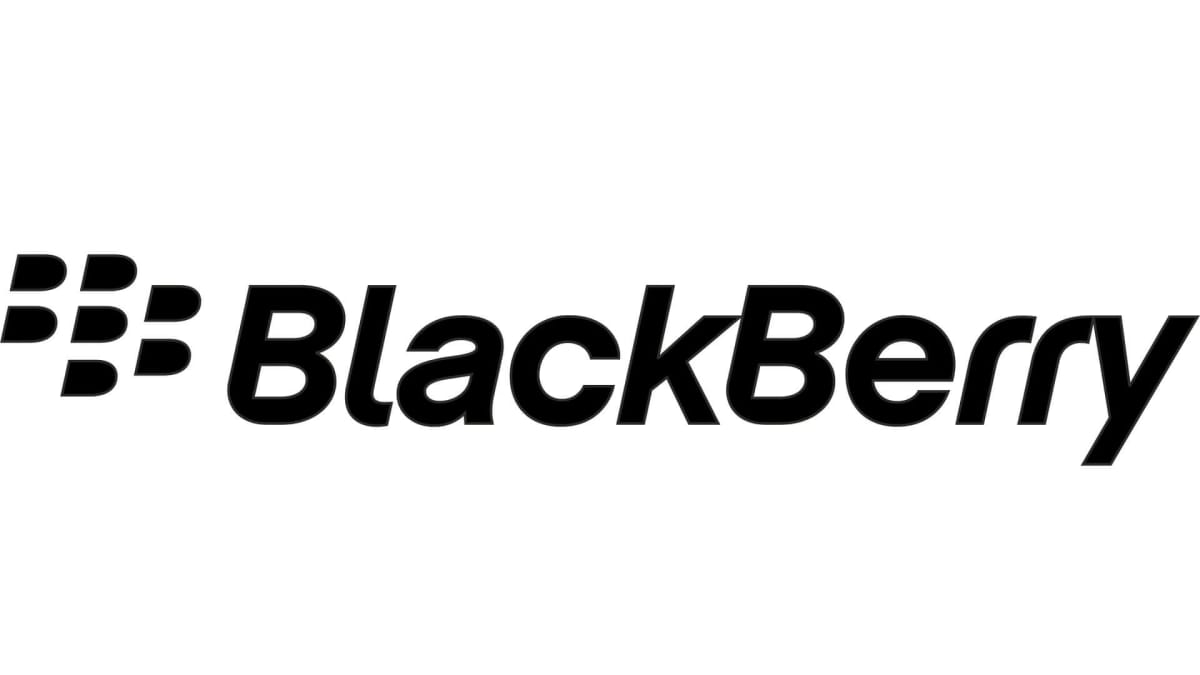Recently the CEO of BlackBerry, John Chen, wrote a blog post on the topic of net neutrality. In it he defines what he considers to be two different aspects of net neutrality, carrier neutrality and application neutrality, and criticizes policymakers and net neutrality advocates for focusing on so-called carrier neutrality while neglecting to address application neutrality. While carrier neutrality is something we are more familiar with, the idea that ISPs should treat all traffic equally, Chen must explain what he means by application neutrality.
"Unfortunately, not all content and applications providers have embraced openness and neutrality. Unlike BlackBerry, which allows iPhone users to download and use our BBM service, Apple does not allow BlackBerry or Android users to download Apple’s iMessage messaging service. Netflix, which has forcefully advocated for carrier neutrality, has discriminated against BlackBerry customers by refusing to make its streaming movie service available to them. Many other applications providers similarly offer service only to iPhone and Android users. This dynamic has created a two-tiered wireless broadband ecosystem, in which iPhone and Android users are able to access far more content and applications than customers using devices running other operating systems. These are precisely the sort of discriminatory practices that neutrality advocates have criticized at the carrier level.Therefore, neutrality must be mandated at the application and content layer if we truly want a free, open and non-discriminatory internet. All wireless broadband customers must have the ability to access any lawful applications and content they choose, and applications/content providers must be prohibited from discriminating based on the customer’s mobile operating system."
What he seems to be pushing for is to legally force developers to make apps for the BlackBerry platform. There is, however, a pretty clear difference between carrier neutrality and application neutrality. For the first, it simply requires that ISPs not treat any data differently based on its source or who is accessing it. It doesn't actually require any extra work on the part of ISPs to enforce. This idea of application neutrality would actually place a burden on developers to make their app on every platform.
While this idea would be beneficial to BlackBerry, who has been rapidly losing both market share and third-party developer support, it would be nearly impossible for anyone to actually live up to ideal he is proposing. Chen only mentioned BlackBerry, iPhone and Android in his blog post, leaving out Windows, not to mention numerous other OSs that exist throughout the world. Should developers really be forced to make their apps for every single OS in existence, including ones they haven't even heard of? This would be a requirement for so-called application neutrality.
Does the idea of application neutrality make some kind of sense, or is the whole idea ridiculous? Leave your comments below.







